What will happen after Covid-19? A message of hope

|
We live in very difficult times that lead us to a dystopian reality. The world is changing by leaps and bounds and we need to have answers, set deadlines, think about what will happen after these quarantines. Unfortunately, we do not have clear answers to these questions, which frustrates us, but we can reflect on what we have learned in weeks about what our life can be like after Covid-19. This coronavirus, which originally developed in Wuhan, soon spread to all continents. It is called Covid-19 for two reasons. On the one hand, there are many coronaviruses that are mutating and this one, the one detected in December 2019, is one more, neither the first nor the last. On the other hand, we cannot speak of a “Chinese virus”, that unfairly stigmatizes a group and that is why the WHO decides to name it neutrally. Thus, this Covid-19 (Corona Virus Desease 19) is an infectious disease caused by a new virus that has not been detected in humans to date. The virus can cause a flu-like respiratory illness with various symptoms such as cough, fever, or muscle pain that, in severe cases, can lead to pneumonia. To protect yourself it is important to wash your hands regularly and especially not to touch your face. These hygiene measures are a paradigm shift for western societies, and an accurate challenge for developing countries. |
"Channels with crystal clear appeared, low CO2 levels have been seen in Hubei or in the Po Valley"
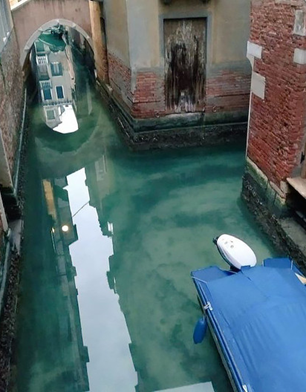 |
|
What are we learning during this crisis?
1) NEED TO IMPROVE PUBLIC HEALTH SYSTEMS
It has been seen in a very clear way that the cuts in health have been a drag on the Covid-19 health crisis. The best prepared countries are those that have a wide infrastructure with a higher ratio of ICU beds per patient. Private health will never be able to cope with a global pandemic, no longer because its private nature is limited to certain sectors of society (clients), but they do not have a health service for new diseases and palliative care (patients). In this situation, the public systems have been revalued, even from areas normally in favor of their strangulation. This reinforcement has to be reflected in the coming years. 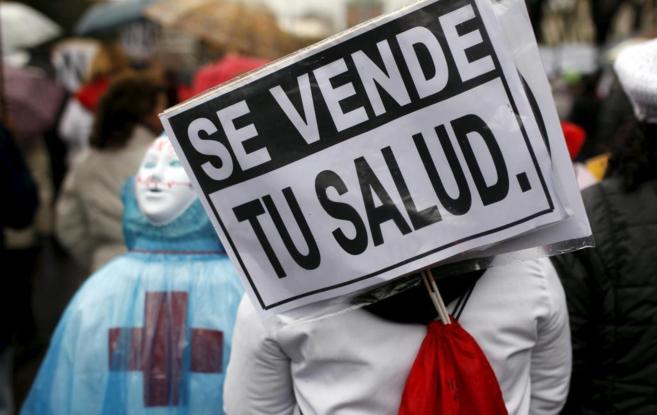 2) INVESTING IN ESSENTIAL SCIENCE
Science is what will save humanity. Scientific, medical, epidemiological, and many other social, engineering, or biological studies will lead us to effective solutions to global problems. It is the scientist to be listened to and not the speculator. We have seen this lesson so typical of film scripts in this coronavirus crisis. The denialists, in addition, of climate change or vaccines that this last decade have tripped the investigation, are the same ones who denied the alarm of the Covid-19. Alt-right leaders are the most renouncing of science. The lesson to be drawn from this crisis is that we need to redouble scientific investment in order to protect the entire population of the planet, and populist discourses that deny scientific reality do not work. 3) SOLIDARITY AS A RESPONSE TO A GLOBAL CRISIS
Chaos has gripped all countries, seeing shameful and selfish situations, not wanting to share medical materials or equipment, or not seeing that a global economic crisis will need a global response. Shared knowledge is the key to developing vaccines and medicines against Covid-19, something that can be extended to other global diseases. We get tired of hearing that there will be a before and an after with this coronavirus, but it is not said what the path is. After environmental crises, plagues and wars, there is always a reconstruction. The important thing this time, and given the scale of the problem, is that no one is left behind. Solidarity must be transversal, from research, through care and daily recovery in western countries, and of course, in developing countries. What has most impacted the confinement in our societies are not the deserted streets or the queues when looking for food. We have lived days of strike or protests with similar snapshots, but as the days go by, there is something that impacts much more: Nature. Nature is very wise and pollution very bad. Wild animals have been seen loitering on the empty streets of capitals, channels with crystal clear water appeared, low CO2 levels have been seen in Hubei or in the Po Valley. This can only mean one thing. Our consumption and production model is harmful. If we are talking about health and global crises, this image must make us reflect on our role in the world. The change of model is inevitable once we return to our reality and daily life. 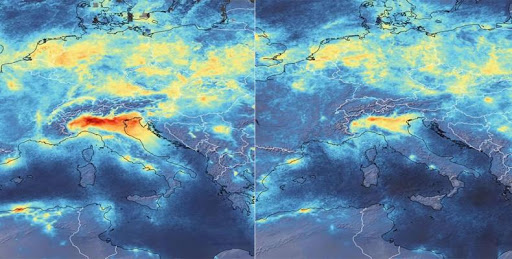 5) LOCAL INDUSTRY
If the world factory was China, it now has to relocate back to Europe. Humanity cannot depend on a single geographical area of production. In addition, from fair trade we demand the highest standards of respect for human rights in working conditions, something that can be extended to agricultural, textile and health production. Consumption and local production are always the best, whenever the climatic and productive circumstances arise to try to reduce our carbon footprint in transport. 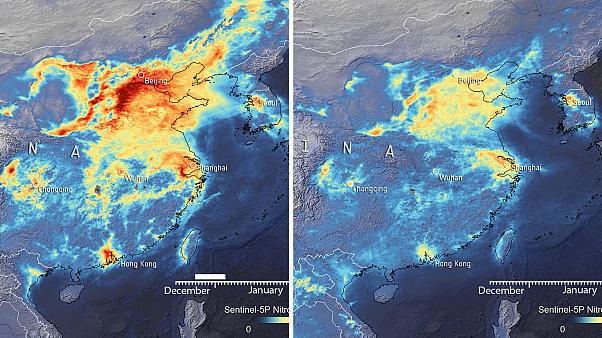 6) NEW MARSHALL PLAN, BUT ECOLOGICAL
We have not spoken about climate change since January and that cannot be good. We were setting a minimum roadmap and if we cannot move forward in the fight against climate change, we can lose valuable time. There was talk of a Green Deal at the European level to alleviate the consequences of global warming, and now we are returning to talk about a large public investment to help the recovery of employment and the reduction of national debts, a new Marshall Plan. This rescue plan must take into account the ecological principles in a just and effective transition in which we all win in terms of cooperation, health, work and development. |
"These hygiene measures are a paradigm shift for western societies, and an accurate challenge for developing countries"
|
|
The challenge now
The great challenge in the short term is to minimize the pandemic in terms of health, but in the medium term we must keep an eye on Latin America, Asia, and especially the African continent. Their health systems are minimal, they do not have access to water, protection materials, or, of course, tests. Its silent pandemic cannot be ignored like other tropical endemic diseases. When there is a vaccine, it must reach all territories on the planet in an affordable, fast and safe way. |
"When there is a vaccine, it has to reach all the territories of the planet in an affordable, fast and safe way"
|





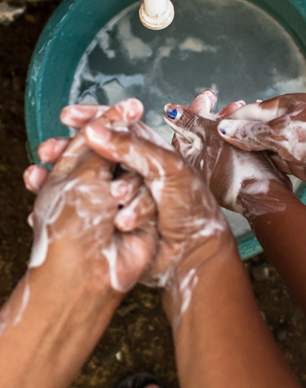

Comments
Leave your comment